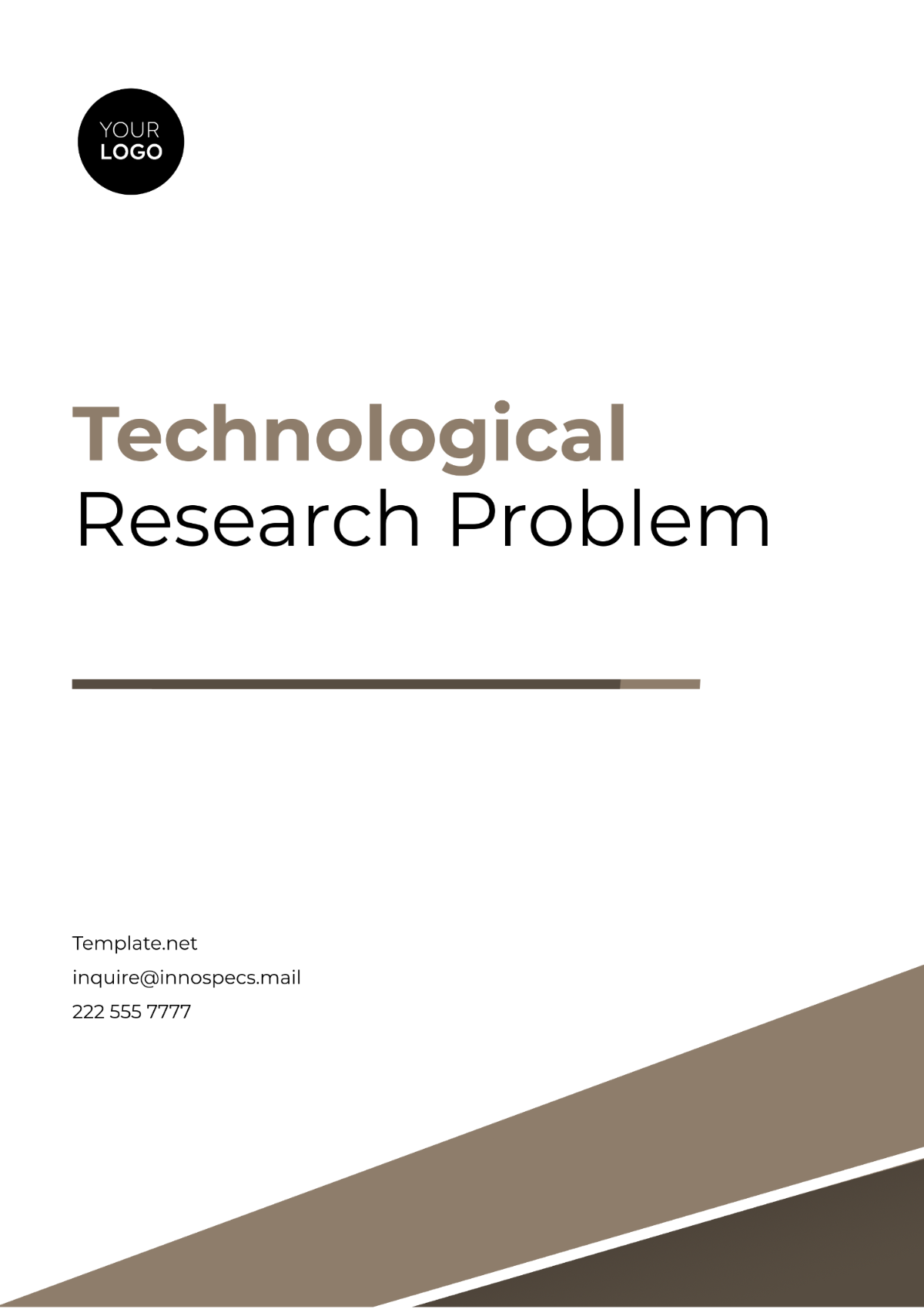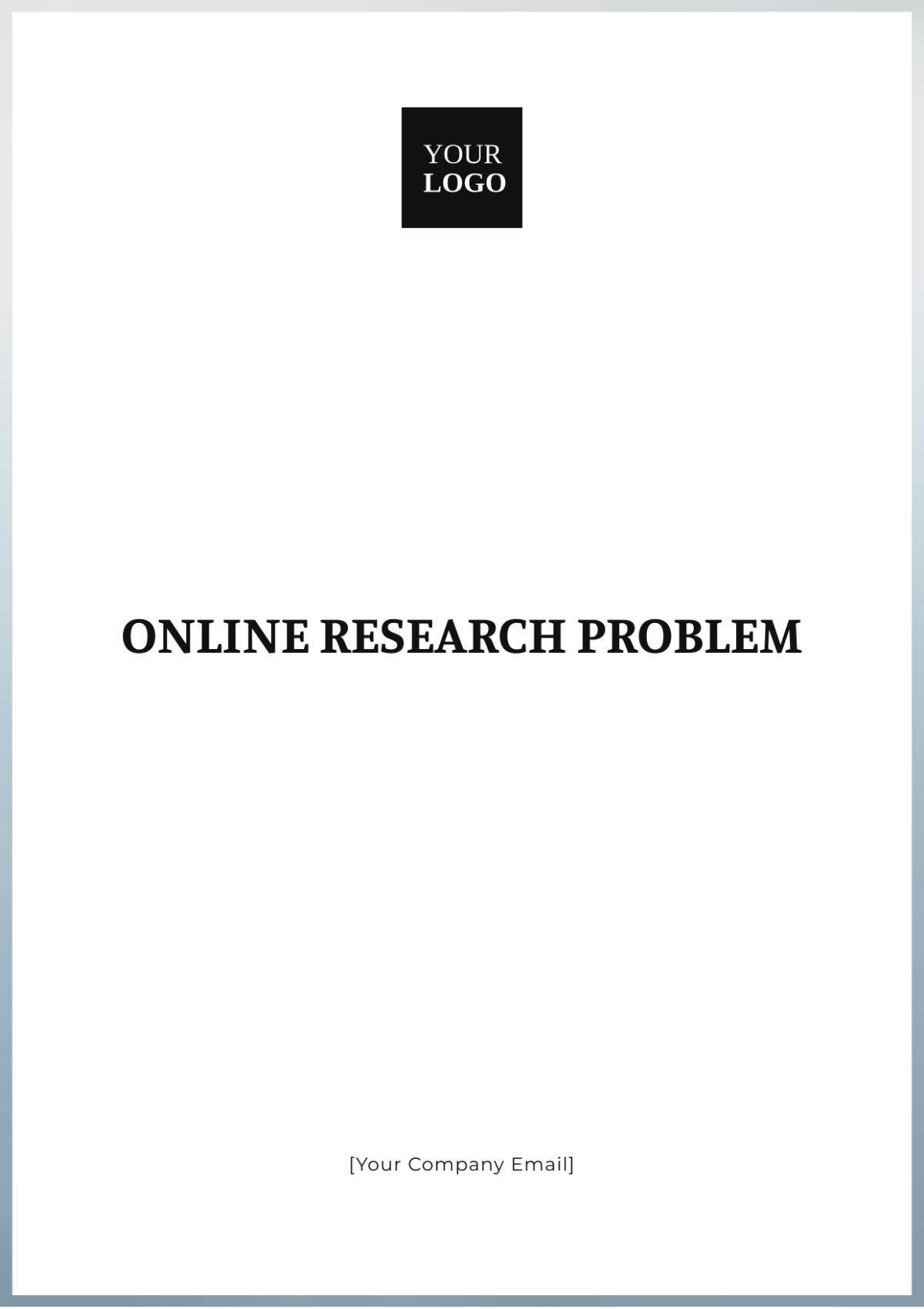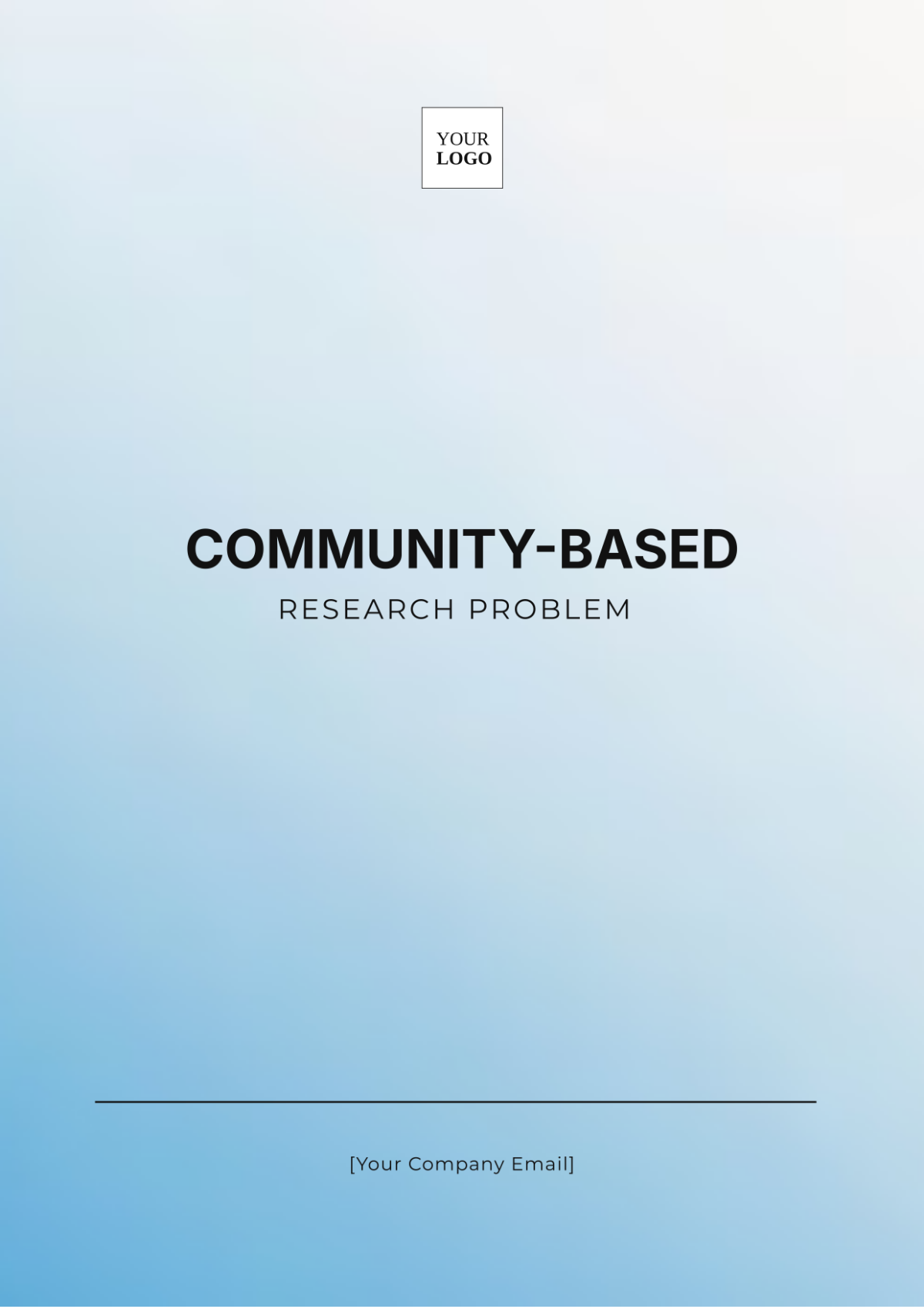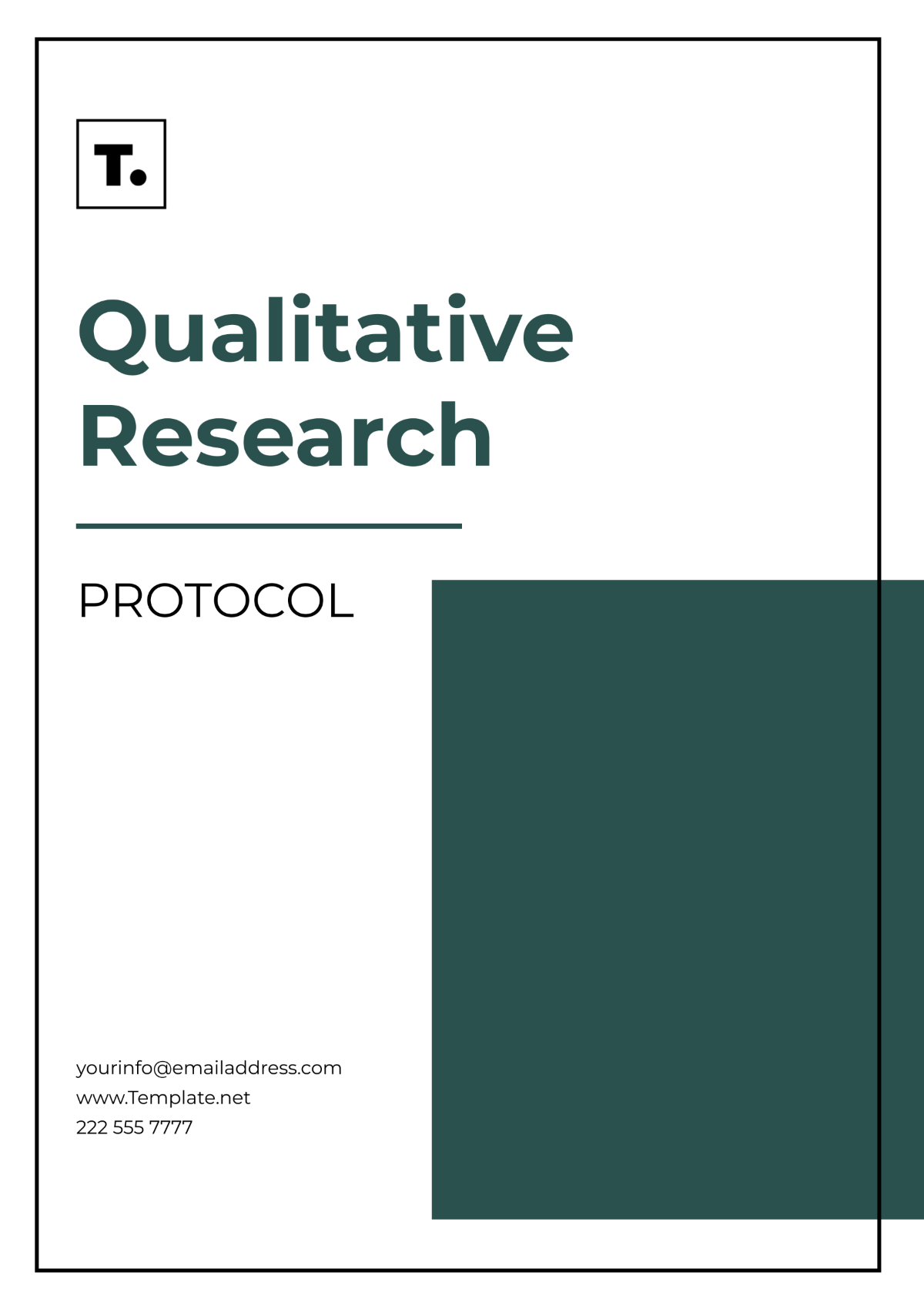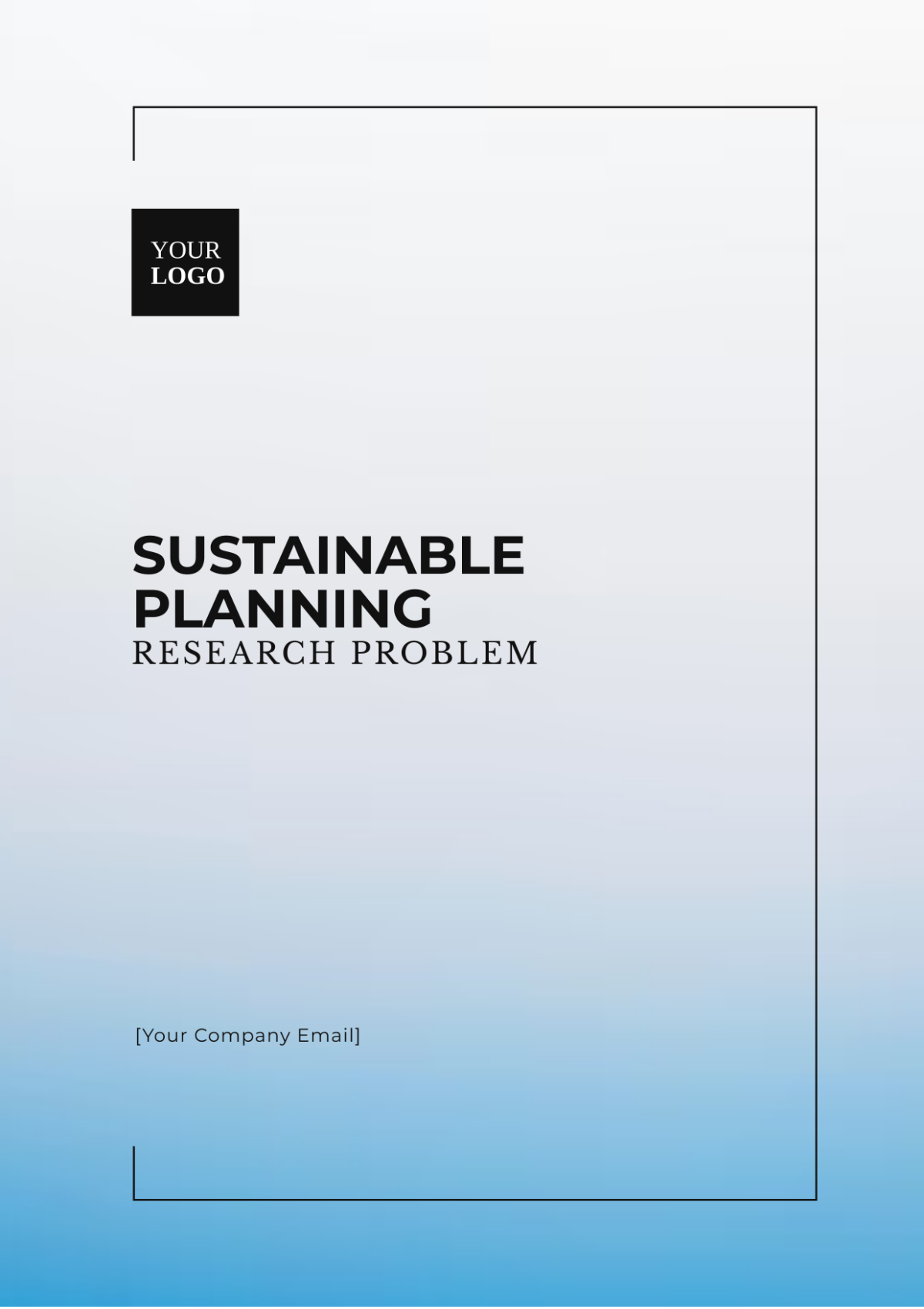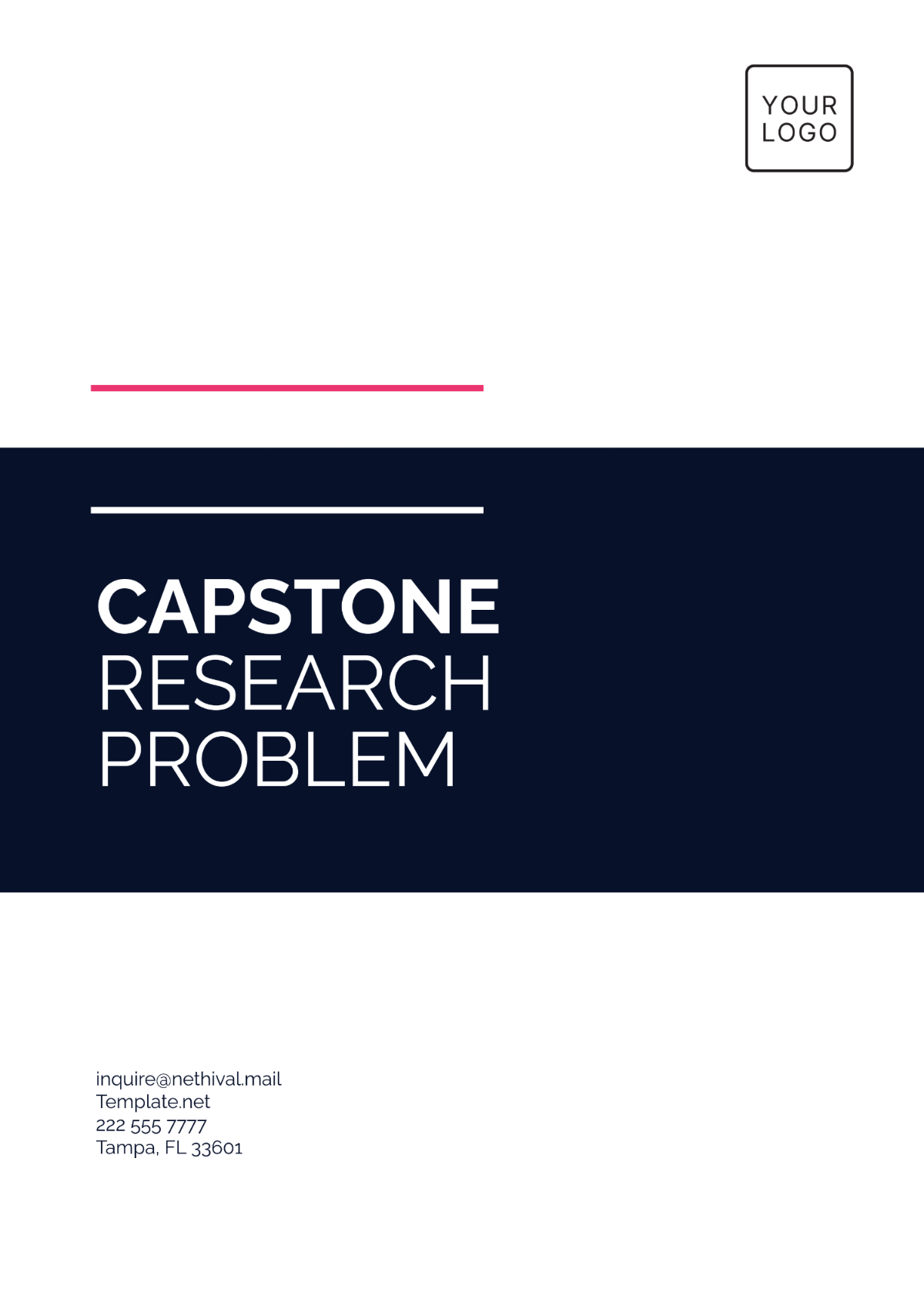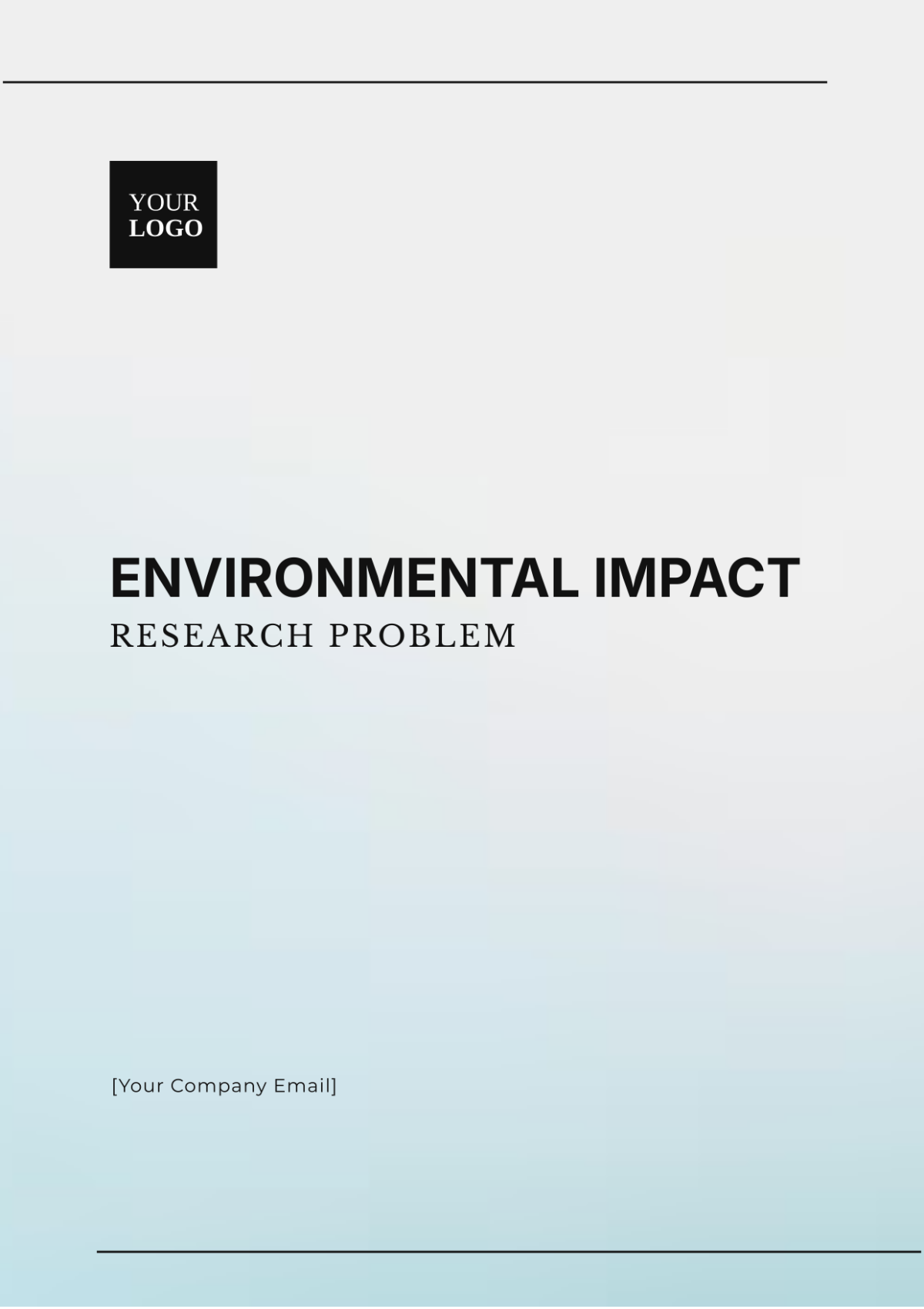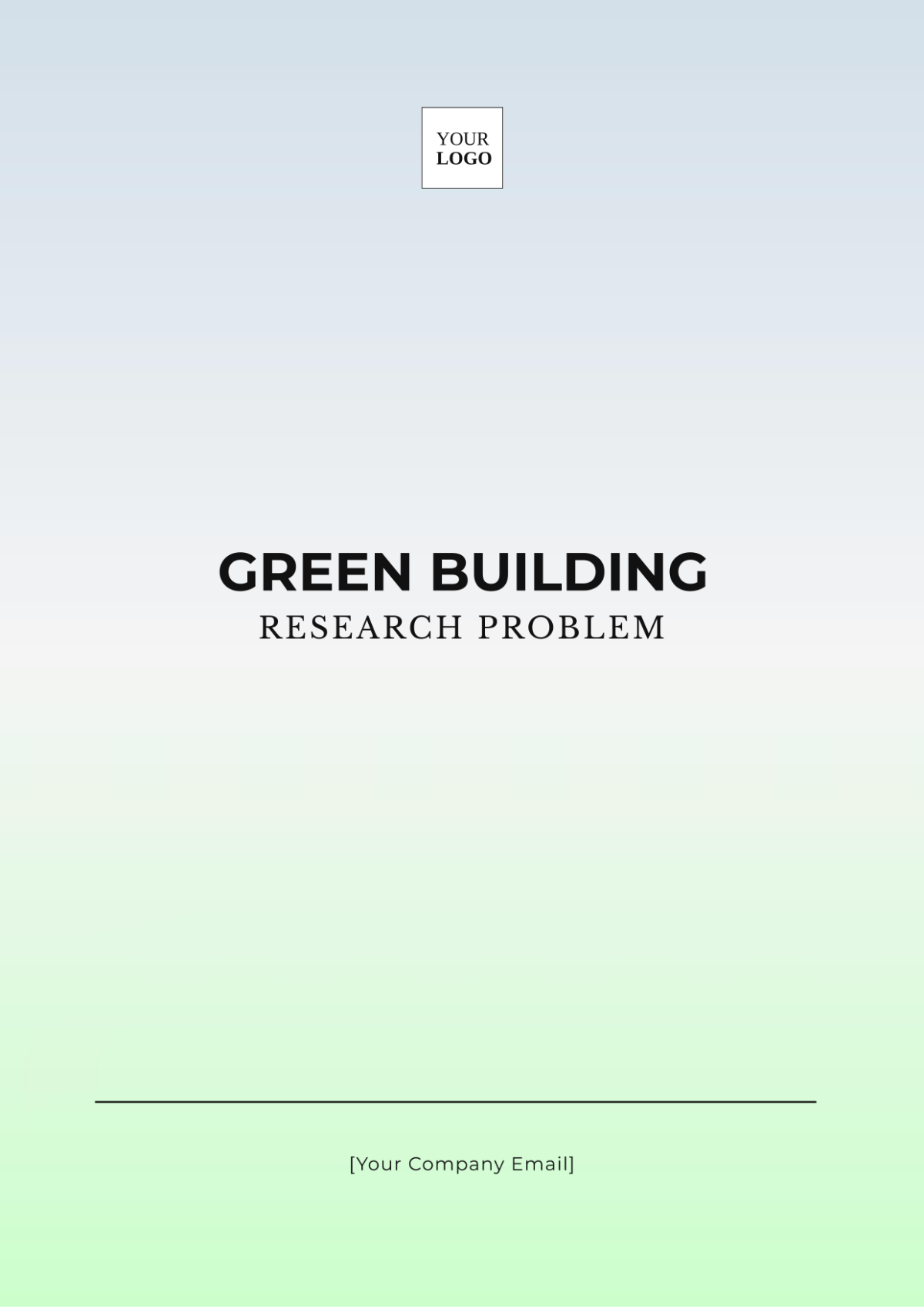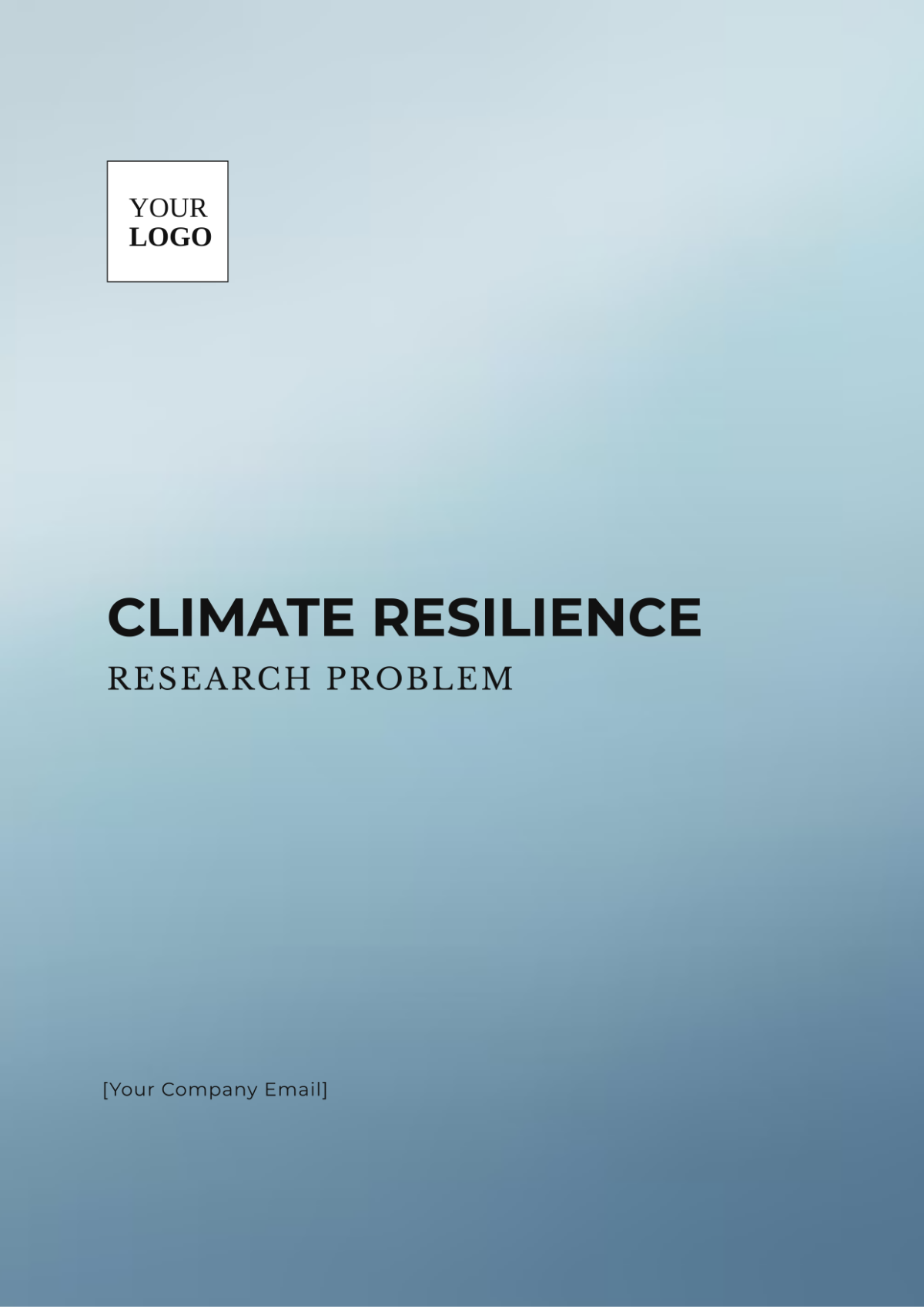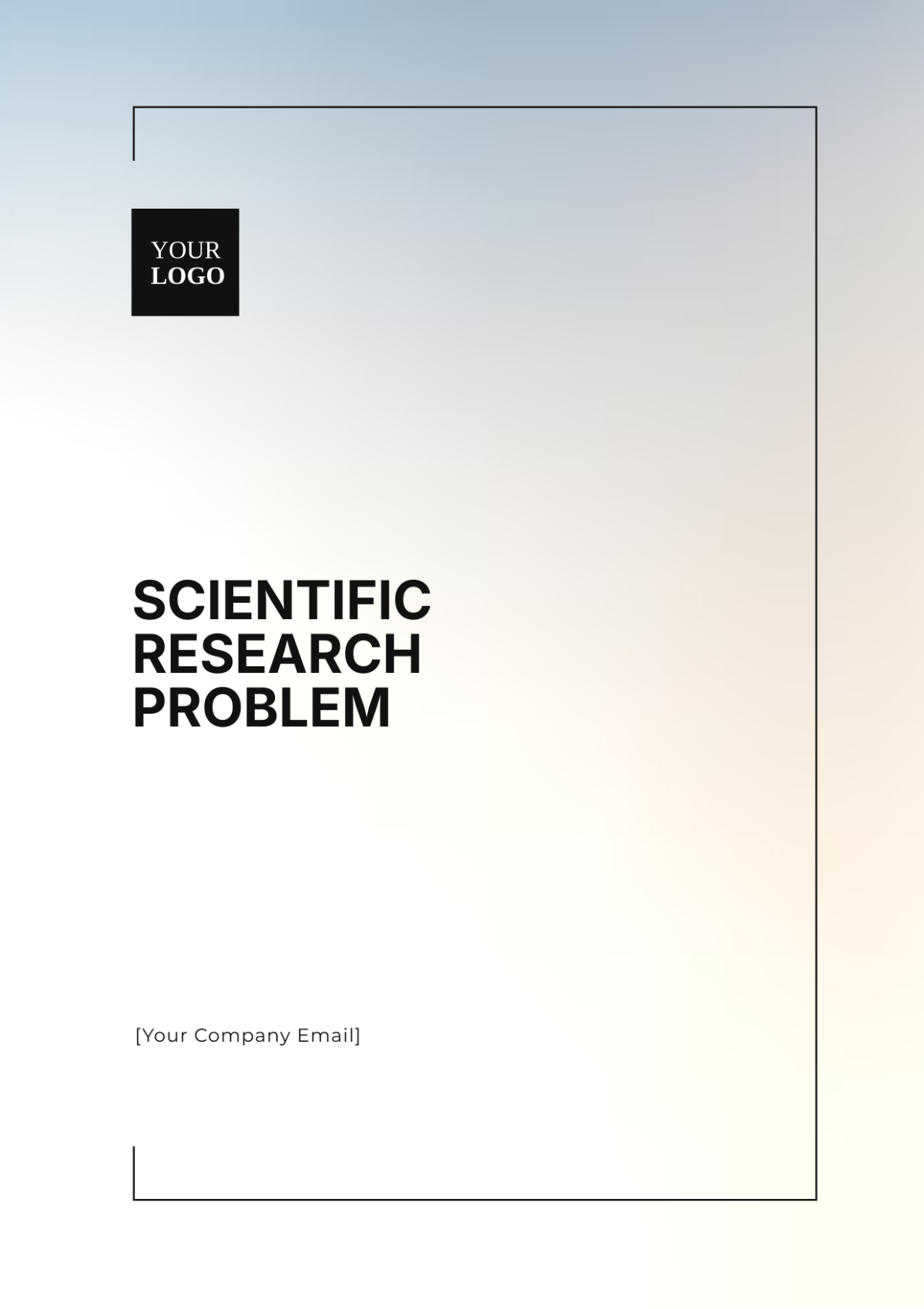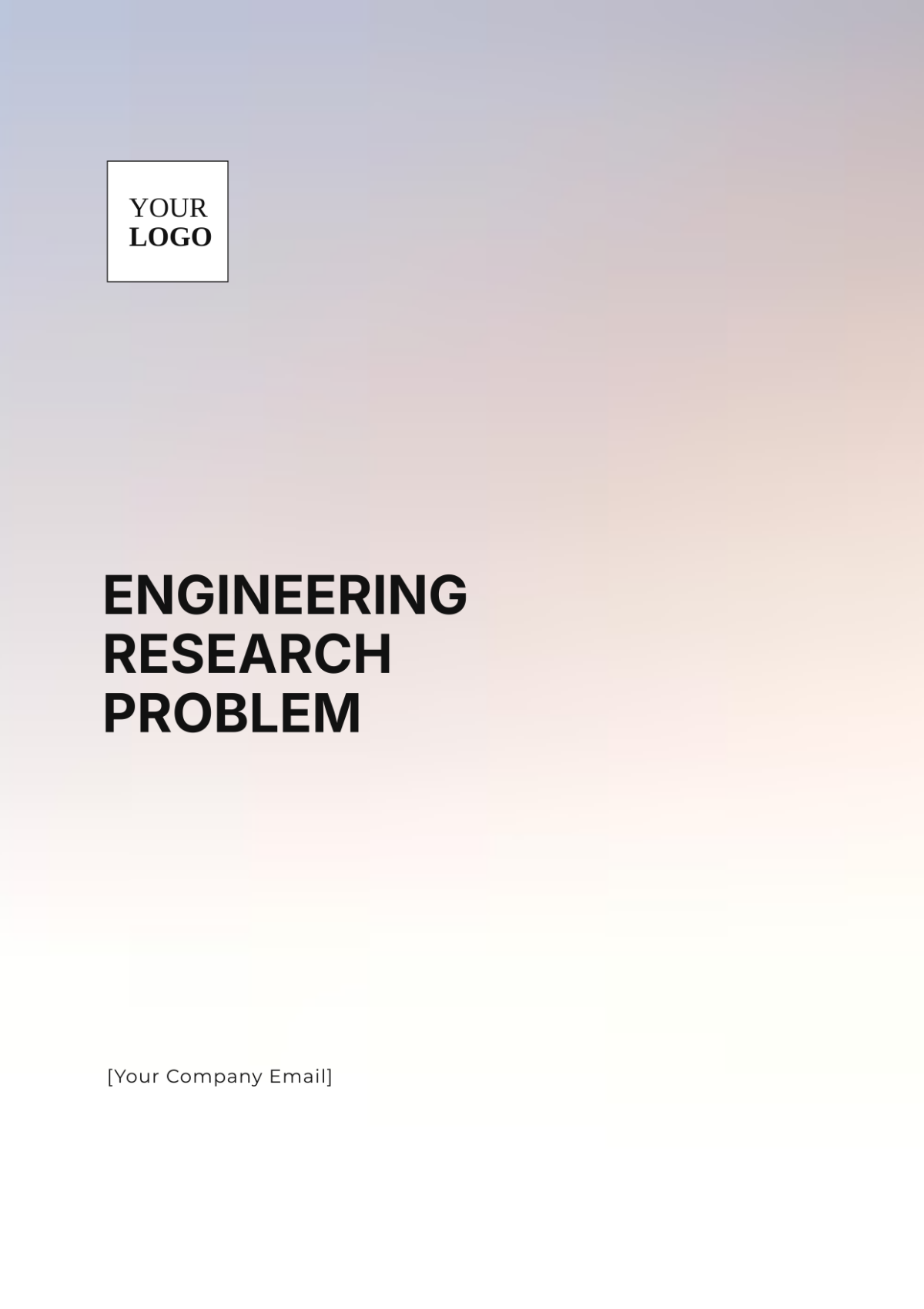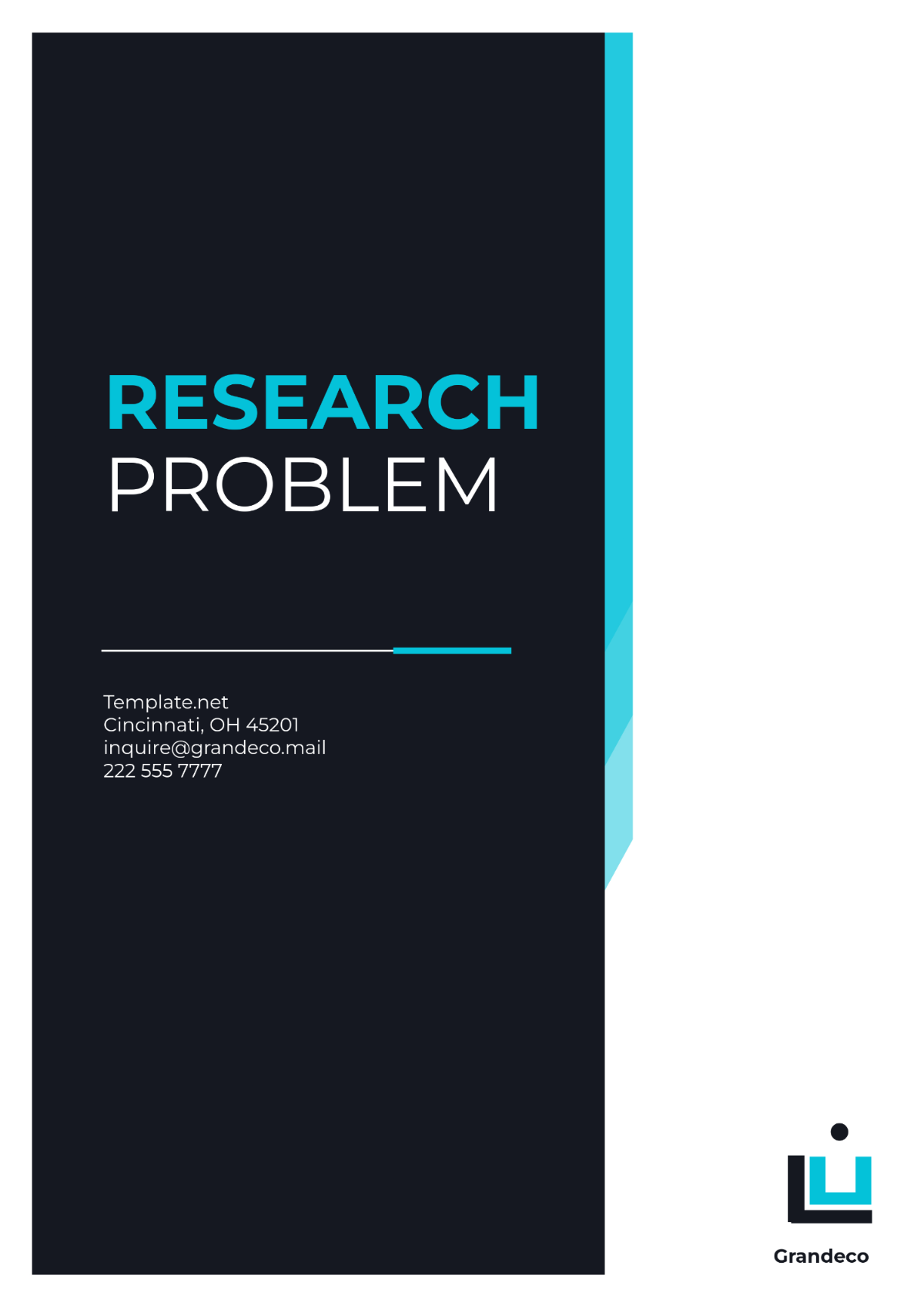Qualitative Research for Building Quality
Researcher: [Your Name]
Date: [Date]
I. Introduction
Qualitative research plays a pivotal role in grasping the intricate factors affecting the quality of construction projects. Unlike quantitative research, which emphasizes numerical data, qualitative research explores subjective experiences, opinions, and behaviors that influence project outcomes. This paper delves into how qualitative research methodologies can be applied to assess and enhance building quality, ensuring that construction projects align with contemporary standards and client expectations. As we advance into 2050 and beyond, the evolving landscape of construction demands a deeper understanding of these qualitative factors to maintain and elevate project quality.
II. Literature Review
Source | Focus | Key Findings |
|---|---|---|
Love et al. (2050) | Importance of stakeholder communication | Effective communication mitigates risks and enhances project outcomes. |
Cleland and Ireland (2052) | Project management methodologies | Robust project management practices are essential for adapting to complex project environments. |
Dainty, Cheng, and Moore (2053) | Workforce skills and training | Advanced skill levels and continuous training among construction personnel are crucial. |
Johnson and Smith (2055) | Integration of digital tools and automated systems | Digital tools and automated systems are essential for future project management. |
Lee et al. (2058) | Virtual reality and artificial intelligence in construction | Virtual reality and AI will significantly influence construction quality standards. |
III. Methodology
The methodology section elaborates on the qualitative research approach utilized to gather and analyze data, specifically tailored for the evolving construction industry of 2050.
Research Design: A multi-case study approach was adopted to provide comprehensive insights into diverse construction projects across different regions and technological landscapes.
Data Collection Techniques: A combination of semi-structured interviews, focus group discussions, direct observations, and digital ethnography were employed to capture a wide array of qualitative data. Future-oriented techniques, such as virtual reality simulations and AI-driven sentiment analysis, were also incorporated.
Sampling: Purposive sampling was used to select a diverse group of participants, including project managers, construction workers, clients, and technology experts. This ensured a broad perspective on factors influencing quality in contemporary and future construction projects.
Data Analysis: Thematic and sentiment analysis were conducted to identify patterns and themes related to quality factors. Advanced data analytics tools and AI algorithms were utilized to process large volumes of qualitative data efficiently.
IV. Findings
Theme | Description |
|---|---|
Communication | Effective communication among stakeholders remains a crucial factor, with emphasis on digital communication tools and virtual collaboration platforms. |
Management Practices | Comprehensive project management frameworks, including advanced project tracking software and automated quality control systems, are vital for ensuring quality. |
Workforce Competency | Continuous skill development and training, particularly in new technologies such as AI and VR, are essential for maintaining high standards of work. |
Technological Integration | Adoption of cutting-edge technologies, including automated construction systems and real-time quality monitoring, significantly impacts project quality. |
V. Discussion
The findings align with existing literature and highlight the ongoing importance of communication, management practices, and workforce competency. The integration of new technologies is emerging as a critical factor in enhancing construction quality. Strategies such as implementing regular training programs for emerging technologies, fostering digital collaboration among project team members, and adopting advanced project management tools are recommended to address future challenges.
The role of technology in shaping construction quality cannot be overstated. Future research should focus on the impact of emerging technologies and their integration into traditional quality management practices.
VI. Conclusion
Qualitative research offers profound insights into the factors influencing construction project quality, particularly in the context of rapidly evolving technologies and practices. By focusing on subjective experiences and behaviors, this research approach provides actionable recommendations for improving building processes. As we move towards 2050, exploring additional qualitative methods and broadening research to encompass emerging technologies and global contexts will be essential.
VII. References
Cleland, D. I., & Ireland, L. R. (2050). Project Management: Strategic Design and Implementation. New York, NY: McGraw-Hill.
Dainty, A. R., Cheng, M. I., & Moore, D. R. (2053). Redefining performance measures for construction project managers: An empirical evaluation. Construction Management and Economics, 21(2), 209-218.
Johnson, T., & Smith, R. (2055). Future Directions in Construction Quality Management: A Technological Perspective. London: Routledge.
Lee, H., Patel, S., & Zhang, Y. (2058). Virtual Reality and Artificial Intelligence in Construction: Implications for Quality Management. Cambridge: Cambridge University Press.
Love, P. E., Li, H., & Irani, Z. (2060). Total quality management and the learning organization: A dialogue for change in construction. Construction Management and Economics, 18(3), 321-331.


















